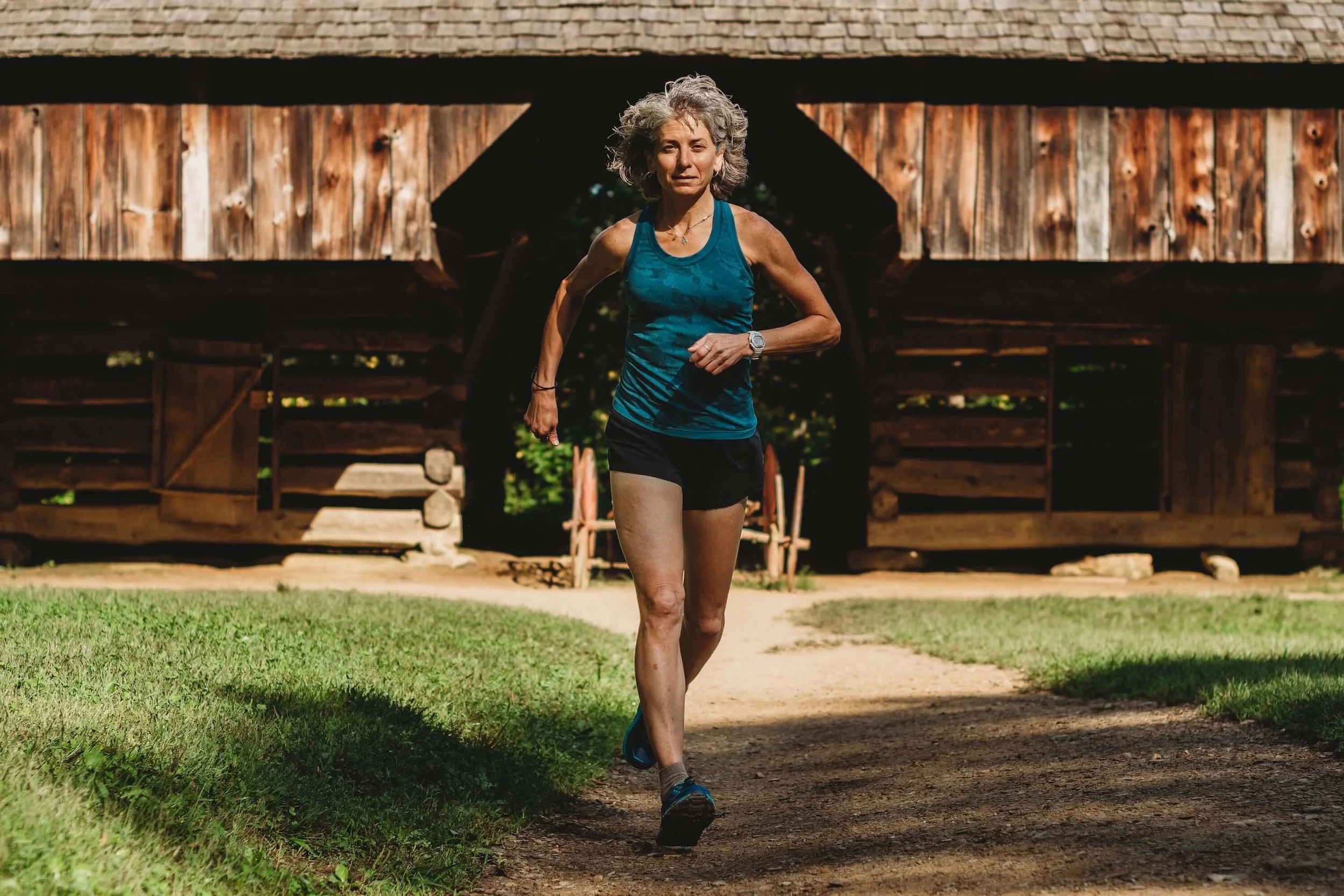How Strengths-Based Thinking Transforms Your Running
You did it.
You finally signed up for that race - maybe it's your first ultra, a technical mountain race, or simply a distance that pushes your boundaries.
But now as race day approaches, instead of excitement building, a different feeling is taking over: intimidation.
The race is starting to feel completely out of your league. What seemed achievable when you hit "register" now feels impossible. Your mind spirals through all the ways you're not prepared, not strong enough, not experienced enough.
Sound familiar? You're not alone.
The Weakness Trap
Here's what typically happens: We become laser-focused on our perceived weaknesses. Can't handle those technical downhills fast enough? Must fix that. Struggling with nutrition on long runs? Have to master that first. Not confident in the dark? Need to get more comfortable with it before the race.
While addressing weaknesses definitely isn't wrong, this gap-focused mindset creates a dangerous cycle: The more we fixate on what we think we can't do well, the more incapable we feel. Soon, we're convinced everything has to go right for us to finish, so we need to transform all our weaknesses before we're ready to toe the start line.
The Strength Solution
What if I told you there's a more effective approach? One that's not only more enjoyable but actually leads to better race performance?
There is: Focus on what you already do well.
Everyone has strengths in their running - yes, even you. Maybe you're naturally good at:
Grinding out strong climbs
Maintaining focus during endless loops
Running efficiently over highly technical terrain
Handling hot or cold weather
The key is recognizing these strengths and building your race strategy around them, rather than hoping you'll somehow fix your weaknesses in time.
A Real-World Transformation
I recently worked with a client preparing for a challenging mountain ultra. She couldn’t shake her worry about the technical downhills, convinced she was too slow and wouldn’t make as much time as she needed on the descents. She just wasn’t good on downhills and couldn’t get faster on them. As the race approached, her confidence started to drop.
But during our coaching sessions, something interesting emerged: She consistently mastered the climbs in training and races. Climbing came so naturally to her that she didn't even consider it a strength - it was just "not a problem."
So we flipped the script.
Instead of pressuring herself to bomb down the hills, we built a race plan that capitalized on her climbing strength. She would attack the uphills with confidence, knowing this was where she could stay on pace - maybe even gain a little on a lenient cutoff. On the downhills? Her job was simply to stay relaxed, save energy, and descend at whatever pace felt sustainable.
The result? She not only finished strong but actually enjoyed the race experience. By leaning into her natural strengths rather than fighting her perceived weaknesses, she ran with confidence instead of fear.
Why This Approach Works
When you're not constantly battling your limitations, training becomes more enjoyable. You're more likely to show up consistently when training runs build on what you do well rather than continuously exposing what you struggle with. It’s empowering to watch your strengths grow.
More importantly, you'll race better when your strategy plays to your natural abilities rather than depends on miraculous improvement in your weak areas.
Your Next Step
Take a moment to honestly assess what you do well as an ultrarunner. What comes naturally? What do you actually enjoy about your runs? What would other runners say you're good at?
These aren't just nice-to-haves - they're your competitive advantages waiting to be maximized.
While you work on addressing limitations, invest at least equal time and energy into building upon your strengths. Your confidence, performance, and enjoyment will all benefit.
Remember: You don't need to be good at everything to succeed at the race you want to run. You just need to be strategic about the things you're already good at.

